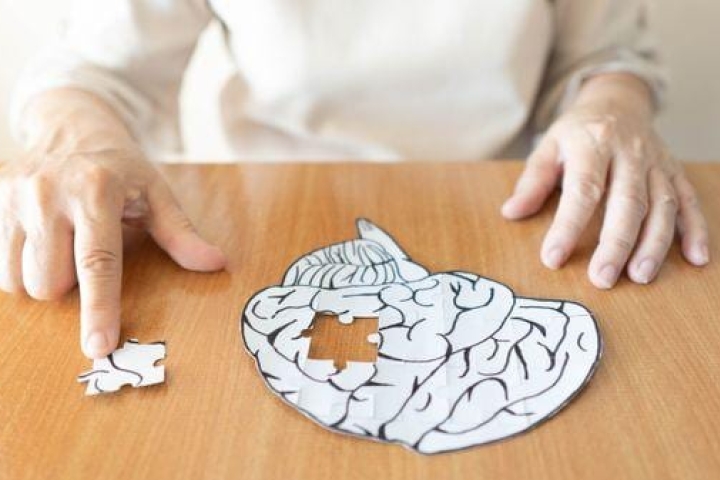How Balanced pH Levels Can Impact Your Health
The correct pH level of your blood is crucial for every aspect of your health—right down to the most fundamental components of your being. It influences your mental outlook, metabolism, organs, tissues, cells, molecules, atoms, and chromosomes.
Many people are unaware of the ideal pH level for their bodies and the healthy lifestyle choices they can make to maintain it. Continue reading to learn about the optimal pH range, factors that influence pH levels, and how to sustain healthy levels in the body.
What Is pH?
The term pH stands for “potential hydrogen,” which measures the concentration of hydrogen ions in a solution. Don't worry, this explanation is as scientific as it gets. Essentially, all liquids have a pH level, which impacts everything from personal health to soil quality and marine life.
The pH scale ranges from 0 to 14, with 7 being neutral. A higher concentration of hydrogen ions makes a solution more acidic, resulting in a pH below 7. Conversely, an alkaline solution will have a pH above 7.
pH Levels in the Body
Many of your body’s fluids should be alkaline, slightly above a pH of 7, including blood, pancreatic juice, bile, saliva, and even seminal fluid. Some fluids, like gastric juices and vaginal fluids, should be acidic. However, blood pH is the most critical, ideally maintained at 7.4 (slightly alkaline).
What happens if your pH level becomes too acidic? The body will do everything it can to restore balance, including extracting alkaline minerals such as calcium from other areas within the body.
What Affects pH?
- Nutrition
Poor dietary choices are the primary cause of acidic readings that could otherwise be alkaline. Simple dietary adjustments can significantly improve how you feel. Alkalinizing foods include most vegetables and leafy greens, apples, grapes, melons, and bananas. Conversely, processed meats like bacon, sausage, and smoked meats, as well as dairy, sugar, coffee, alcohol, and fried foods, all contribute to acidic pH readings. It’s not necessary to completely avoid acid-producing foods; just balance them with plenty of alkalinizing options!
- Stress
Stress naturally leads your body to produce acid. While the body can manage short-term stress, chronic stress can significantly strain the body.
- Too Little or Too Much Physical Activity
Physical activity is crucial to body chemistry as it boosts metabolism, which in turn burns fatty acids and other acids. Intense physical activity leads to a buildup of lactic acid and other acids in the muscles. Therefore, rest days are vital for exercise routines to help the body eliminate acids and recuperate. Drinking an alkalinizing beverage post-workout can enhance this process.
- Smoking
Here’s another reason to quit smoking. While some use nicotine to cope with stress, it actually imposes considerable stress on the body. It stimulates the secretion of various acids, including gastric acid in the stomach, and promotes fluid excretion. Dehydration leads to increased acidity in the body.
Supplements for pH Balance
A balanced lifestyle, consisting of a healthy diet and regular exercise, should help you maintain an alkaline body. However, you might sometimes need additional support. Fortunately, there are various supplements available that can help maintain optimal pH levels. Calcium, magnesium, alkalinizing powders, and green food supplements are all effective.
Raise Your pH Instantly
The pH of plain water is a neutral 7, so drinking water naturally helps raise your body’s pH if it leans towards the acidic end of the scale. Drinking mineral water can enhance this effect even more!




Leave a comment